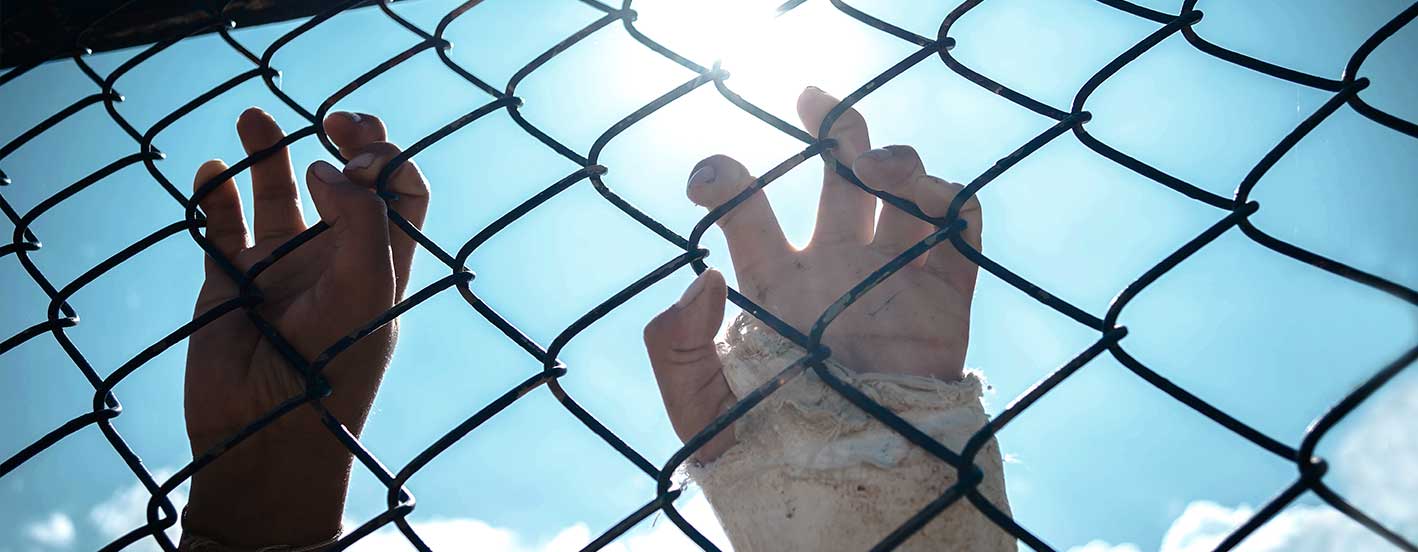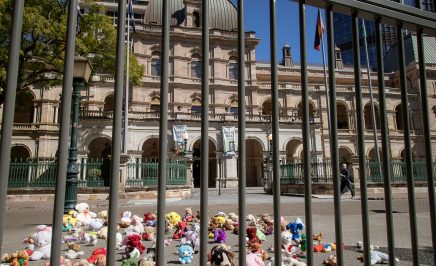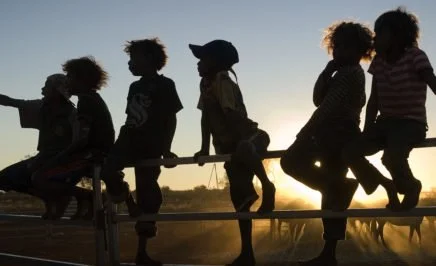Amnesty International Australia today gave evidence into a hearing into the Queensland Government’s Youth Justice Act amendments, raising concerns that rather than allowing them to access diversion programs the QLD Government has invested heavily in, the proposed amendments will have the perverse effect of funnelling more children and young people into police watch houses and detention.
“Nowhere in the Explanatory Notes of this legislation does it state that these amendments are designed to reduce youth offending, or address the underlying causes of crime, so we can only conclude that they’re based on tough-on-crime rhetoric and don’t have the best interests of children at the centre of the legislation,” Amnesty International Australia Indigenous Rights Campaigner Maggie Munn said.
“Youth crime is trending down in Queensland, all the best evidence in the world shows that putting kids into prison creates a cycle of recidivism – so if the Queensland government was serious about dealing with youth crime in an effective way, then it would allow children and young people to access the diversion programs it has invested in.
“The government wants to ‘reduce recidivism’ but it has made a fundamentally flawed assumption: that prison reduces recidivism. The government is wrong. By flipping the presumption of bail, the government will be funnelling children into the prison system which produces recidivists and away from prevention and diversion programs that address the underlying causes of crime.
“The government wants to ‘reduce recidivism’ but it has made a fundamentally flawed assumption: that prison reduces recidivism.”
Maggie Munn, Amnesty International Australia Indigenous Rights Campaigner
“The Queensland government knows that these programs work, if they didn’t work, it wouldn’t have spent $5.6 million into On Country program trials, and hundreds of millions of dollars into other non-custodial interventions. This bill is a political response to a tragedy at a time when youth crime statistics in Queensland are dropping. To make these programs and responses work, the government has a job to do: they need to convince the community that they are viable alternatives to prison that hold children to account — as they do — rather than as ‘soft-on-crime’ compromises.
“The community-led diversion programs work to keep kids out of prison, reduce crime and ultimately address the overrepresentation of Indigenous people in Australian prisons.
“These amendments actively work against addressing any of these issues and are a knee-jerk reaction to a perception there is a youth crime crisis.
“Good legislation is made with evidence, not perceptions. Significant reform is needed in the Queensland youth justice system -but it needs to be reform that keeps children out of harmful prisons. The Queensland government should lead the way along with the ACT and Northern Territory and raise the minimum age of criminal responsibility to fourteen, and legislate so that children cannot be held in police watch houses overnight.”







